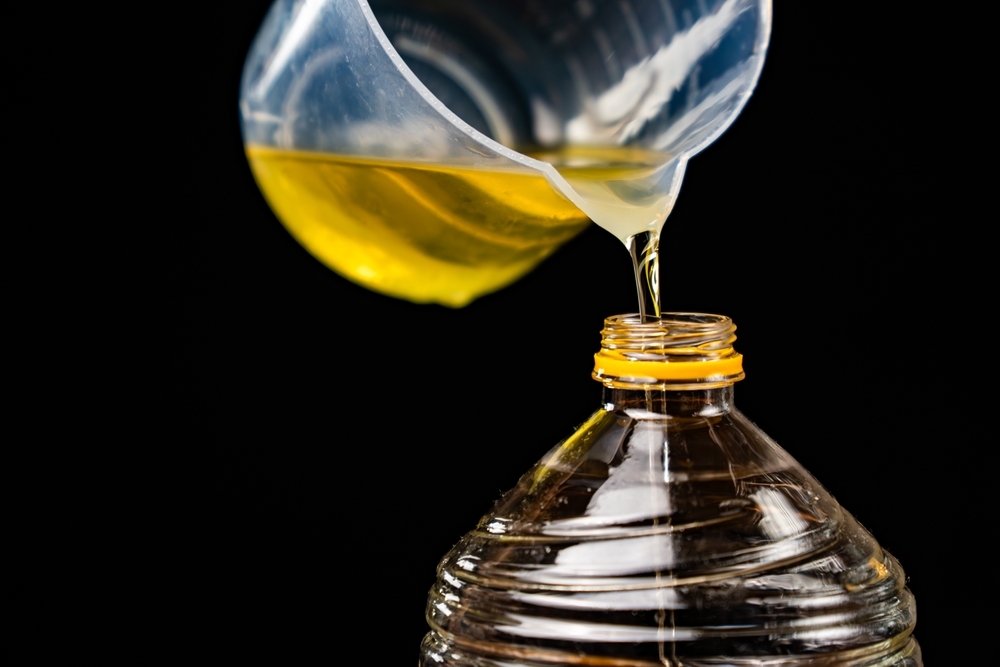Cooking oil benefits go far beyond the kitchen. The right oil doesn’t just improve taste—it fuels your body with healthy fats, antioxidants, and anti-inflammatory properties that promote heart health, digestion, and even brain function.
1. The Role of Cooking Oils in Daily Health
Cooking oils are more than just a medium for sautéing vegetables—they’re a source of healthy fats that play a vital role in kitchen wellness. The right oils can:
- Support heart health
- Enhance nutrient absorption
- Provide essential fatty acids
- Influence cholesterol levels positively
Many plant-based oils, such as olive, avocado, and canola, are rich in unsaturated fats that help lower bad cholesterol (LDL) and raise good cholesterol (HDL).
🥄 Remember: Not all oils are created equal—some nourish while others inflame.
2. Understanding Cooking Oil Benefits by Type
Knowing your oils can help you make better choices:
| Oil Type | Fat Composition | Best For |
|---|---|---|
| Olive Oil | Monounsaturated fats | Low-heat cooking, salads |
| Coconut Oil | Saturated fats (MCTs) | Baking, medium heat |
| Avocado Oil | Monounsaturated + Vit E | High-heat frying, grilling |
| Flaxseed Oil | Omega-3 (ALA) | Cold use only |
| Canola Oil | Low in saturated fats | Versatile, budget-friendly |
Choose cold-pressed, extra virgin, or organic oils when possible to maximize health benefits.
3. How to Choose Oil Based on Diet Type
Your dietary goals should guide your oil selection:
- Keto/Low-Carb: Choose high-fat oils like MCT oil, coconut oil, or ghee
- Mediterranean: Prioritize olive oil and avocado oil
- Vegan: Opt for flaxseed, walnut, and hemp seed oil for Omega-3s
- Heart Health: Use olive, canola, or rice bran oil for their low saturated fat content
🧠 Pro tip: Rotate between 2–3 oils to diversify your fat sources and cooking versatility.
4. Storage, Usage, and Safety Tips
To get the most out of your oils:
- Store in dark glass bottles away from heat and light
- Avoid reusing oil after frying
- Watch for signs of rancidity (smell, color change)
- Don’t heat oils past their smoke point, as this can create harmful compounds
Each oil has its ideal temperature—olive oil for low heat, avocado oil for searing, and flaxseed oil for dressings only.

5. Best-Selling Healthy Oils in 2025
Looking for trusted, top-rated options? Try:
- California Olive Ranch Extra Virgin Olive Oil – Cold-pressed, antioxidant-rich
- Chosen Foods Avocado Oil – Great for high-heat cooking
- Nutiva Organic Coconut Oil – Unrefined, ideal for baking and keto diets
- Barlean’s Organic Flax Oil – Rich in Omega-3s, best for raw use
These oils have earned high marks for purity, flavor, and verified nutritional profiles.
6. Final Word: Health Starts in the Kitchen
Choosing the right cooking oil is one of the simplest health upgrades you can make. Beyond taste, the oils you cook with affect your heart, brain, and digestive system. Look at your oil label like you would a supplement—because it is.
🔑 Wellness doesn’t begin at the gym—it begins with every ingredient in your kitchen.
🎁 Bonus: Make Your Own Oil Blend for Everyday Use
Try this healthy, anti-inflammatory DIY oil blend:
- 50% Extra Virgin Olive Oil
- 30% Avocado Oil
- 20% Flaxseed Oil (use raw only)
Use this blend for salad dressings or low-heat cooking. It balances monounsaturated and Omega-3 fats in one bottle.
🎁 Bonus: How Cooking Oil Benefits Impact Brain and Joint Health
Not many realize that cooking oil benefits extend to brain and joint health as well. Oils rich in Omega-3 fatty acids, like flaxseed and walnut oil, are known to support cognitive clarity and reduce inflammation. Similarly, monounsaturated fats from olive or avocado oil help reduce oxidative stress, which is a key factor in long-term brain aging and joint stiffness. So, the next time you’re oil-shopping, think beyond taste—choose oils that nourish from head to toe.
🔗 Internal Links
- 🥛 Enzyme Milk Benefits That Boost Digestive Wellness Naturally
- Healthy Cooking Swaps for Every Kitchen in 2025




